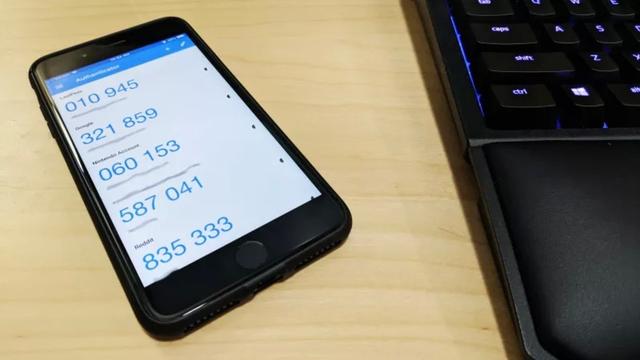Apple's in-app billing rules are "anti-competitive", review order
In the proceedings of Epic Games and Apple, which have received a lot of attention, the US District Court's ruling on September 10 did not fully acknowledge either claim. Apple shouldn't prohibit third-party developers from adding in-app billing mechanisms to iOS apps, but at the same time, if it violates state or US antitrust laws. Was ruled out.
Provided by: CNET"Success is not illegal," said Federal District Judge Yvonne Gonzalez Rogers.
Judge Rogers ruled that Apple had anti-competitive behavior under California's competition law, although it could not conclude that it was a monopoly under antitrust law. He ordered an injunction on Apple's "App Store" rules and called for a review of in-app purchases. He also determined that Apple shouldn't prohibit developers from contacting customers through the contact information they voluntarily provide when setting up an account within the app. This order will come into effect 90 days later.
"Apple's provisions prohibiting guidance hide important information from consumers and fraudulently curb their choices," Rogers said. "In combination with Apple's early antitrust violations, these provisions prohibiting induction are anti-competitive and require national remedial measures to eliminate these provisions."
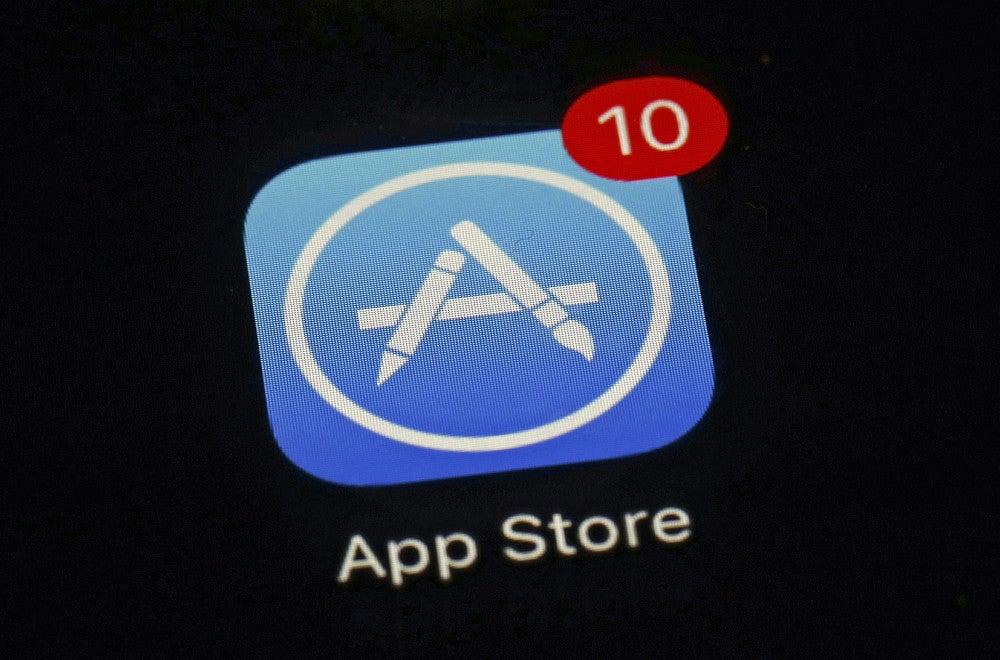
Epic Games has sued Apple following Apple's removal of its "Fortnite" from the App Store. Epic has removed the app from the App Store by introducing a system to buy Fortnite in-game currency directly from the company, trying to avoid Apple's 30% commission on developers. Epic has accused Apple of violating antitrust laws. Apple CEO Tim Cook appeared as a witness in the US District Court in May.
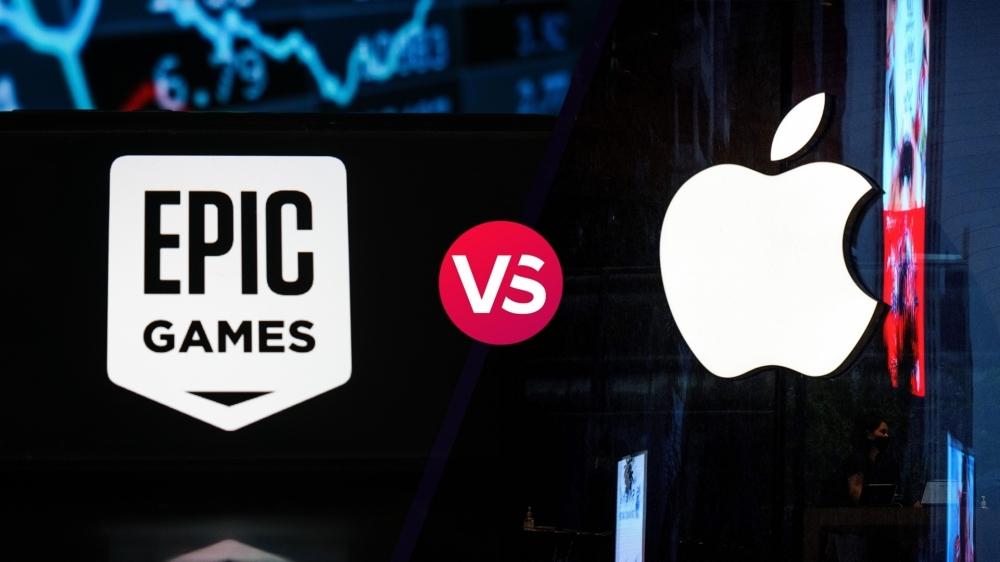
Judge Rogers ruled that Apple is entitled to breach of contract damages from Epic Games. Epic is equivalent to 30% of the $ 12 million or more of sales collected from users through "Epic Direct Payment" within the Fortnite app on iOS between August and October 2020. Must be paid as compensation for damages. Also, if there is similar sales earned between November 2020 and the judgment date, 30% of the sales must be paid.
The judge said he disagrees with the markets covered by the two companies before concluding that Apple is not a monopoly.
"Finally, after evaluating the evidence in the proceedings, the court decided that the target market was digital mobile game transactions. Apple's own internal internals related to the App Store, not the game in general. It's not an operating system either. " "The mobile game market itself is a $ 100 billion industry. This market size demonstrates the motivation for Epic Games to take this action. To all other video game markets. The mobile gaming market is the next target for Epic Games, which has made its way into the market, and the company sees Apple as a hindrance. "(Judge Rogers)
"The court admitted on the 10th that we knew from the beginning. The App Store does not violate antitrust law. The court admits," Apple said in a statement issued in response to the ruling. As you can see, "success is not illegal." Apple faces fierce competition in all areas of its business, but consumers and developers choose Apple for Apple's products and services worldwide. We believe it's because it's the best in Apple. We continue to keep the App Store a secure and reliable market that supports a thriving developer community and more than 2.1 million US jobs, and rules apply equally to everyone. We will do our best to make it a place. "
"Today's decision is not a win for developers or consumers," Epic CEO Tim Sweeney tweeted. Epic reportedly filed a complaint on the 12th.
This article was edited by Asahi Interactive for Japan from an article from overseas Red Ventures.

![10th generation Core i5 equipped 9.5h drive mobile notebook is on sale at 50,000 yen level [Cool by Evo Book] 10th generation Core i5 equipped 9.5h drive mobile notebook is on sale at 50,000 yen level [Cool by Evo Book]](https://website-google-hk.oss-cn-hongkong.aliyuncs.com/drawing/article_results_9/2022/3/9/4a18d0792cae58836b71b9f591325261_0.jpeg)
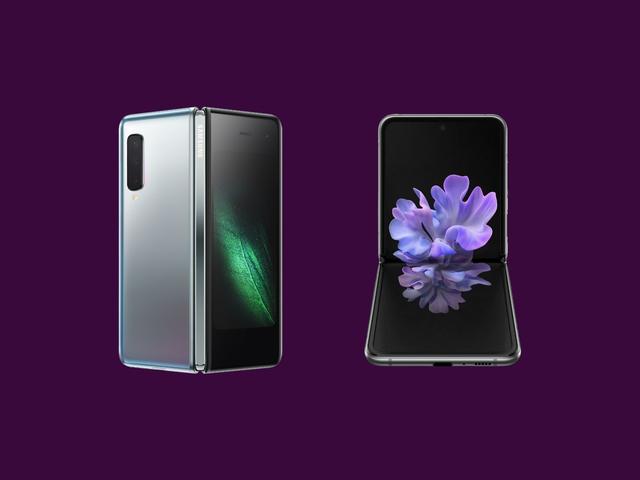


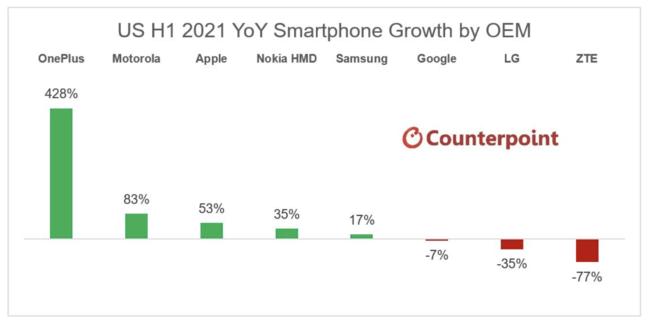
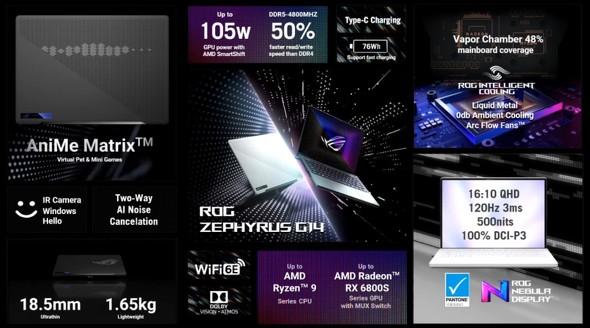
![[Amazon time sale in progress! ] 64GB microSD card of 1,266 yen and wireless earphone with noise canceling function of 52% off, etc. [Amazon time sale in progress! ] 64GB microSD card of 1,266 yen and wireless earphone with noise canceling function of 52% off, etc.](https://website-google-hk.oss-cn-hongkong.aliyuncs.com/drawing/article_results_9/2022/3/9/c88341f90bab7fe3ce1dc78d8bd6b02d_0.jpeg)
